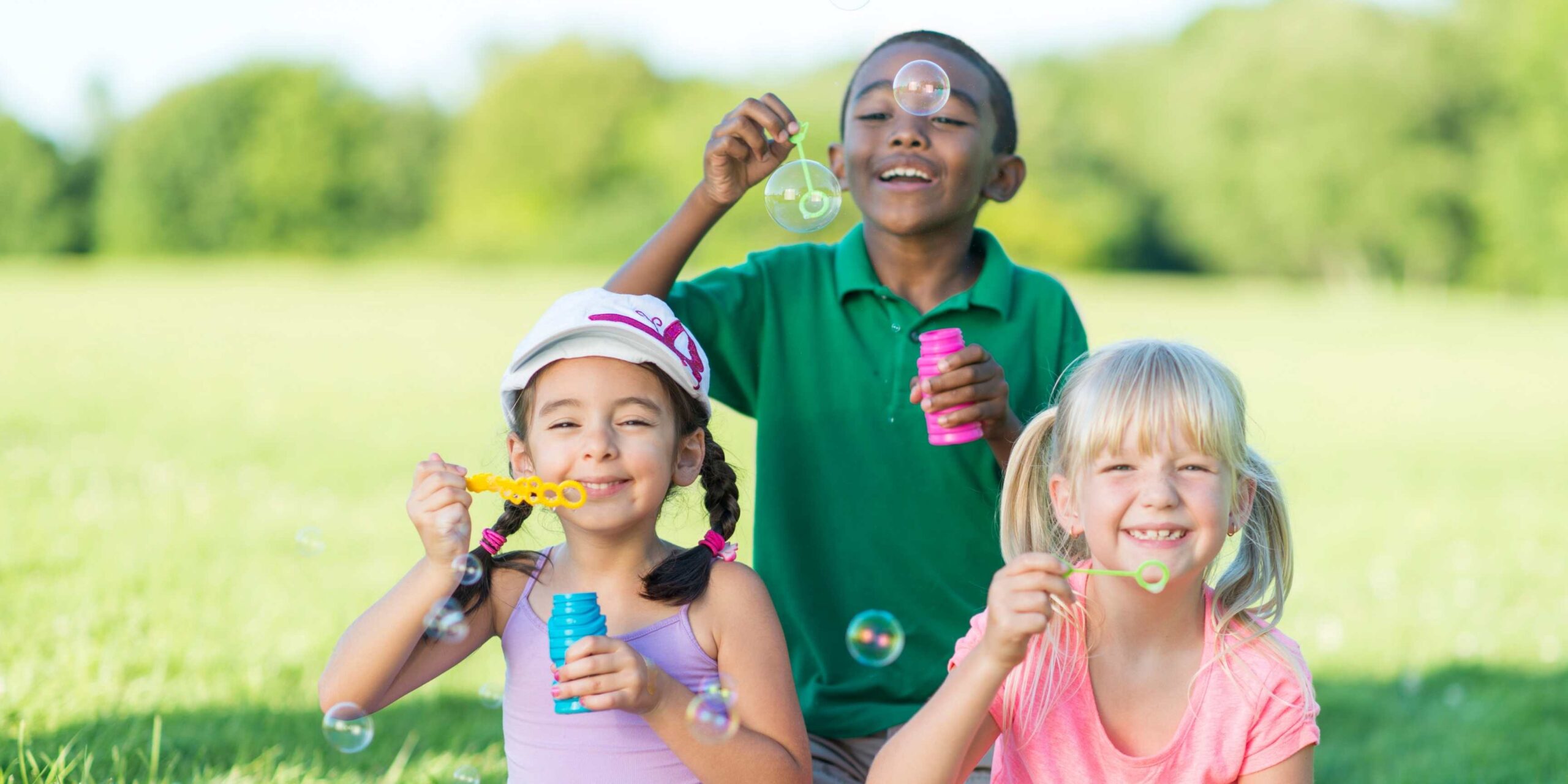This post may contain affiliate links. We may earn money from products we link to in this post.
Humans are inherently drawn to their natural surroundings. Many 21st-century parents, on the other hand, would call this idea into doubt, since they see their children demonstrate a strong preference for sitting on a couch in front of a computer over playing outside.
The national outrage about children spending too much time indoors has reached such proportions that the epidemic has a name: nature deficit disorder.
While calling it a disorder may be overstated, it is undeniable that children spend far more time inside than outside.
This trend is largely attributable to technology: the average American youngster is claimed to spend 4 to 7 minutes per day in unstructured outside play and more than 7 hours every day in front of some sort of device.
Last Child in the Woods: Saving Our Children From Nature-Deficit Disorder, by Richard Louv, recounts of interviewing a child who told him that he preferred playing indoors than outside “because that’s where all the electricity outlets are.”
Another significant element is growing parental concern about diseases and the dangers of playing outside, despite evidence to the contrary.
And, as suburbs and exurbs grow in size, nature becomes more segregated, and children are less likely to spend time in a fenced-in yard, let alone leap the fence into a neighbor’s or walk in the woods. Indoor activities, on the other hand, may appear easier (no sunscreen required! ), safer, and even more gregarious for children who are growing up with multiplayer video games and social media profiles.
Why Kids Need To Go Outside
Recent studies have shown that spending time outside is important for kids and adults alike. Some think that it may be any outdoor setting. Some argue that it must be a “green” environment, complete with trees and leaves. Others have demonstrated that even looking at a picture of greens can improve mental wellness.
Aside from these variations, most studies agree that children who play outside are smarter, happier, more attentive, and less worried than children who spend more time indoors. While it is unknown how the cognitive functioning and mood gains occur, there are a few things we do know about why nature is beneficial to children’s minds.
Confidence
Children’s outdoor play is much less structured than most sorts of indoor play. There are limitless ways to interact with outside habitats, from the backyard to the park to the nearby hiking path or lake, and allowing your child to pick how he interacts with nature gives him the ability to manage his own actions.
Creativity
This type of unstructured play also allows children to interact meaningfully with their surroundings. They have more freedom to thought, plan their own activities, and approach the world in novel ways.
Responsibility
Living things perish when they are abused or not properly cared for, and entrusting a child with the maintenance of the living aspects of their surroundings teaches them what happens when they forget to water a plant or rip a flower out by its roots.
Stimulation
Nature may appear to be less engaging than your son’s violent computer game, but it actually engages more senses—you can see, hear, smell, and touch outside situations.
Movement
Most forms of interacting with nature require more movement than simply sitting on the couch. Your child doesn’t have to join the local soccer team or ride her bike across the park; even a simple walk will get her heart rate up. Exercise not only benefits children’s bodies, but it also appears to improve their focus, which is especially advantageous for children with ADHD.
Stress
According to the Attention Restoration Theory, metropolitan environments need what is known as directed attention, which challenges us to ignore distractions while also exhausting our brains. In natural settings, we exercise an effortless style of concentration called as gentle fascination, which produces sensations of pleasure rather than tiredness.

